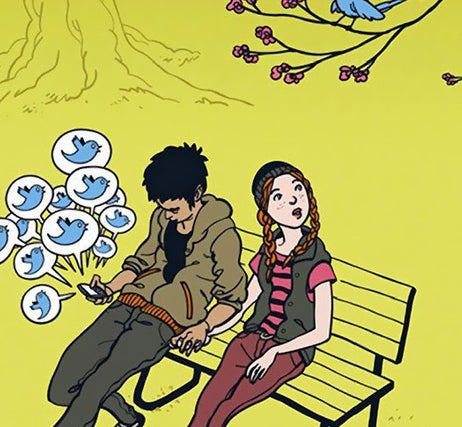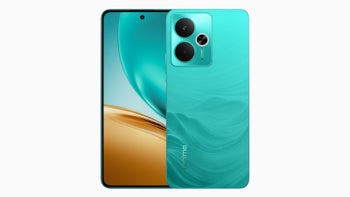Nowadays, we spend insane amounts of time on our smartphones. It's the first thing we reach for in the morning, it's the last thing we touch before going to sleep. Users happily report when they manage to achieve 8 hours of screen on time with their handset, lauding the amazing battery life, but the connotation that this means you were facing down with your nose buried in the small screen for 8 hours that day is often left overlooked.
Smartphone addiction and phone separation anxiety are often being thrown around in discussions about the list of millennial issues. Scientists are doing all sorts of tests and social experiments to try and determine the dangers of getting too attached to our little box, and what to do to prevent that. In a recent study, researchers from the City University of Hong Kong have tried to take a deeper look into the “nomophobia” (the anxiety one feels when one is separated from their smartphone) issue. Previously, it was believed that the main reason for the stress reaction is that we start fearing that we might miss a very important call. However, now, researchers are arguing there's something else at play that has absolutely nothing to do with making or receiving actual calls.
Over the past few years, smartphones have become an integral part of our lives and, like it or not, a central tool with which we project our personality into the world. We take pictures of the cool things in our lives and immediately share them on Facebook; we get rated by likes, hearts, retweets, and comments; we follow our personal heroes and may even interact with them straight from the phone. Handsets have become, the researchers say, a sort of “scrapbooks of our lives”.
Studies have shown that when we post a life event over social media, the act of capturing it becomes an actual part of the overall experience, and may even change the way we remember the story. For many users, it has become second nature to reach for the phone whenever anything interesting happens to them. Thus, the device feels like an extension of one's self, storing all of our memories and allowing us to instantly share our perspective of the human experience with others.
Dr Ki Joon Kim of the City University of Hong Kong said he fears that users' attachment to their handsets will only grow in the future, and hopes that people can be more conscious of their usage — make great use of the “smart” features of a smartphone, but don't become entangled with their endless customization and personalization features.
Read the latest from Preslav Kateliev












Things that are NOT allowed: